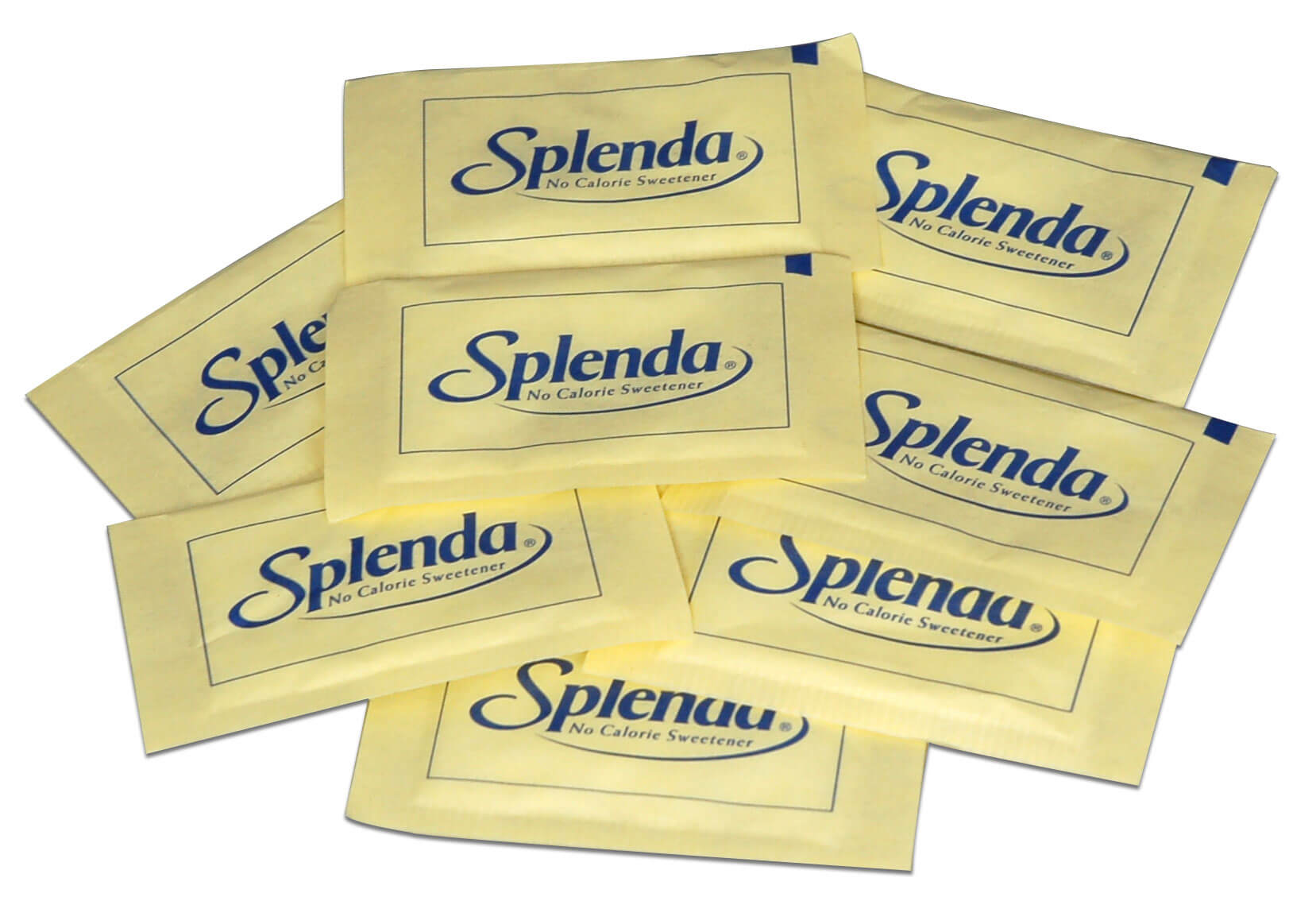Artificial sweetener Splenda may hold the key to curing Type 1 diabetes and rheumatoid arthritis, a new study explains. High doses of sucralose, the basis for the popular sweetener, prevents cells from attacking healthy body tissue in mice — the same thing that happens to humans who have an autoimmune disease.

There are over 100 autoimmune diseases where a person’s built-in defense system accidentally attacks instead of protects the body. These include lupus, Crohn’s disease, ulcerative colitis, and multiple sclerosis.
“We’re hoping to piece together a bigger picture of the effects of diet on health and disease, so that one day we can advise on diets that are best suited to individual patients, or find elements of our diet that doctors can exploit for treatment,” says Karen Vousden, a senior study author and principal group leader at the Francis Crick Institute, in a media release.
“More research and studies are needed to see whether these effects of sucralose in mice can be reproduced in humans. If these initial findings hold up in people, they could one day offer a way to limit some of the harmful effects of autoimmune conditions.”

Are there safety concerns surrounding Splenda?
Sucralose, is an ingredient in many processed foods and drinks. It’s calorie-free, but 600 times sweeter than sugar. While the popular opinion is that Splenda is safe, there are some concerns about long-term consumption disrupting gut bacteria and even increasing the risk of certain cancers.
Now, experiments on lab rodents showed that consuming large amounts lowered activation of T-cells that fight disease and infections. The findings open the door to treating patients in whom immune responses become uncontrolled — sometimes triggering life-threatening conditions.
“We do not want people to take away the message that sucralose is harmful if consumed in the course of a normal balanced diet, as the doses we used in mice would be very hard to achieve without medical intervention,” says Fabio Zani, the study’s co-first author and a postdoctoral training fellow at the Crick.
“The impact on the immune system we observed seems reversible and we believe it may be worth studying if sucralose could be used to ameliorate conditions such as autoimmunity, especially in combinational therapies.”
Researchers fed animals levels of the sweetener equivalent to the acceptable daily intake recommended by food safety authorities in Europe and the United States. Relatively similar doses would not typically be unreachable by people adding it to food or drinks as part of a normal diet.
The mice were less able to activate T-cells in response to cancer or infection. The team did not see an effect on other types of immune cells either. Further analysis revealed sucralose dampened cell function by reducing the release of calcium due to stimulation.
Health officials say sucralose is ‘not harmful to the immune system’
Prof. Vousden says the results demonstrate how high doses of sucralose can alter immune responses in mammals. However, it should not sound alarm bells for those wanting to ensure they have a healthy immune system or properly recover from disease, as the quantities mice consumed were higher than what humans normally ingest.
The researchers hope the findings could lead to a new way to control the harm caused by overactive immune cells.
“We’ve shown that a commonly used sweetener, sucralose, is not a completely inert molecule and we have uncovered an unexpected effect on the immune system. We are keen to explore whether there are other cell types or processes that are similarly affected by this sweetener,” explains Julianna Blagih, co-first author and former postdoctoral training fellow at the Crick, now an assistant professor at the Maisonneuve-Rosemont Hospital Research Center at the University of Montreal.
U.S. manufacturers Heartland Food Products Group promotes Splenda as a healthier alternative to sugar, which studies have linked to obesity and the onset of Type 2 diabetes. It was approved for use in 2000 after the EU’s Scientific Committee on Food declared it is “not harmful to the immune system, does not cause cancer, infertility, pose a risk to pregnancy or affect blood sugar levels.”
“This study begins to explore how high doses of sucralose could potentially be used in new treatment options for patients, but it’s still early days,” concludes Karis Betts, a senior health information manager at Cancer Research UK.
“The results of this study don’t show harmful effects of sucralose for humans so you don’t need to think about changing your diet to avoid it.”